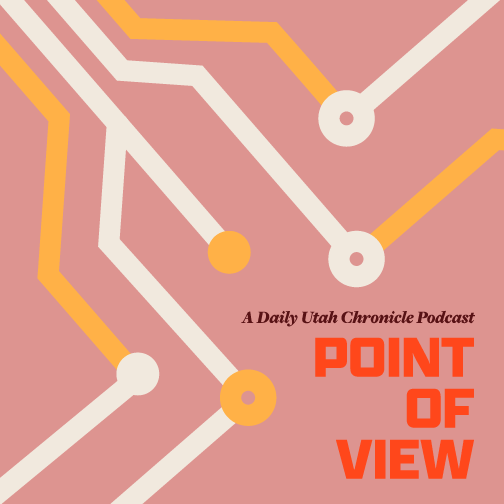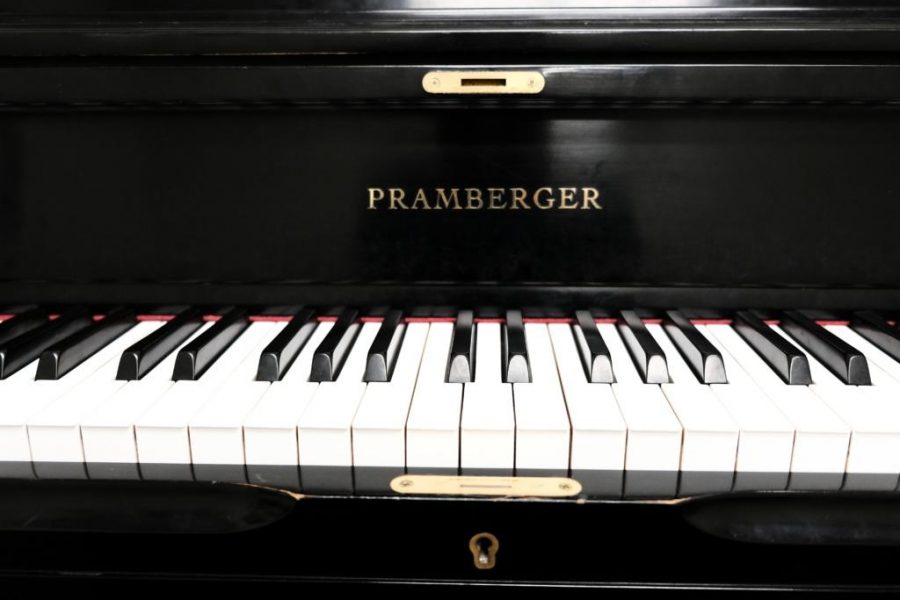When someone has the privilege to view a symphonic orchestra, the audience only sees the tip of the iceberg of what musicians do. What the audience does not see are the years of hard work, months of practicing and perfecting detail, endless rehearsals and the educational degree behind it all. Musicians’ careers require absolute perfection, endanger physical health and are time-consuming. Not many people fully understand the requirements of classical musicians, what they do and why they do it.
Classical musicians typically spend three to four hours a day in a practice room perfecting physically demanding techniques. Whether these techniques be perfect intonation, proper use of their bow, developing proper posture, complicated rhythms or the complete memorization of a 20-minute concerto, much of their time is spent experimenting with their instrument on a private, unpaid level.
Demands of Being a Musician
The demands of playing the best one possibly can — as a soloist and as part of an ensemble — creates high levels of stress for musicians and, very often, results in health problems.
In a study completed by the University of Westminster, researchers discovered that out of 2,211 musicians, “71.1 percent … said they had suffered from panic attacks or anxiety, [and] 68.5 percent … had struggled with depression.”
Researchers Sally-Anne Gross and Dr. George Musgrave also discovered that professional musicians were three times more likely to experience depression due to “juggling many different jobs and dealing with precarious and unpredictable pay and poor working conditions.” The study also states that “a third of musicians suffer from eating disorders due to stress, concerts and perfectionism.”
The job a musician lands depends on their education. The more education musicians receive, the more qualified they are to teach music at a college, be accepted into symphonic orchestras or be able to charge more money in private studios. In order to become a college professor for music, a musician must attain a doctorate degree in music. (That is roughly the same amount of education medical doctors receive in their own fields.)
The difference between doctors and musicians is the time spent focused on their education — musicians typically start learning an instrument at a young age, usually 3 to 6 years old. Since they were children, musicians have been studying and perfecting their future careers.
Devaluing Musicians
Many people view the skill of playing an instrument as a gift that should be shared for a cheap price.
“[Individuals in Utah] definitely value [classical music] and they put money and they invest in it for their children,” said Leslie Henrie, concert mistress of Sinfonia Salt Lake. “But when it comes to paying musicians for a service, some kind of performance service like a wedding or getting out and going to a Utah Symphony Concert … they really don’t value it as much. … They value [cheap service] over having quality and paying for it.”
In our society, we have reached a point where we know the cost of everything, but the value of nothing, especially when it comes to value of professional musicians.
Dr. Kasia Sokol-Borup, assistant violin professor and director of the String Preparatory Division of the University of Utah’s School of Music, explained that what musicians do is closely related to that of a scientist.
“When people think that what we do is just this constant inspired magical moment, they feel that we should feel lucky when we’re asked to do that in front of other people,” Sokol-Borup said. “It’s a misconception of understanding how the creative process [works]. Of any scientist that you ask, [they spend] tens and hundreds of hours in the lab on results that sometimes go to the trash before they actually get one result. Thirty years later, that may be recognized for [a] Nobel Prize or not. It’s the same thing with us.”
With the extra work, added stress, physically dangerous consequences and low pay, many people assume music is simply not worth going into. However, musicians have come to know the value and necessity of music and the arts in people’s lives.
“It’s necessary for us as humans to have beauty and art and culture in our lives,” Henrie said. “I just don’t see any other way. It’s a necessity and it’s becoming less and less.”
Regrettably, this is true. Classical music and art are precious gifts that people simply do not value. Live music, performances and art galleries are events people must venture out of their own homes to experience. Unfortunately, our generation opts to viewing things on the couch at home rather than seeing live events.
Once people do view one of these incredible performances live, however, they almost always want and ask for more.
Music is constantly a part of everyone’s life. Whether it be the car radio, the music someone turns to after a heartbreak or soft music in the background during meditation. Humanity has come to know that music can heal, calm and stir emotions in a unique way.
This is the reason classical musicians do what they do. They understand that music is not only a powerful tool, but a necessity in their lives and the lives of others. The beauty of music is constantly exercised and expressed by musicians, but it does nothing if the ears of audiences are closed to its charm.
“I think the fact that people ask for so much music and want it shows that music actually is a basic human need, which when you look at the way our education works, it’s as if it wasn’t,” Sokol-Borup said.
For how much we listen to and value music, no matter the genre, it’s shocking that people are not valuing the musicians who provide the music for them unless they have received paparazzi praise.
Music and the arts are vital to humanity. Classical musicians do not put themselves through all the demands of their careers for themselves alone. They do it for you: the audience. Their passion, unfailing appreciation, love and years of hard work are poured out to the ears of those who listen. As Shinichi Suzuki, a famous violinist and pedagogical teacher, once said, “What is man’s ultimate direction in life? It is to look for love, truth, virtue and beauty.”
All of that is found in music if one will only listen for it.
















